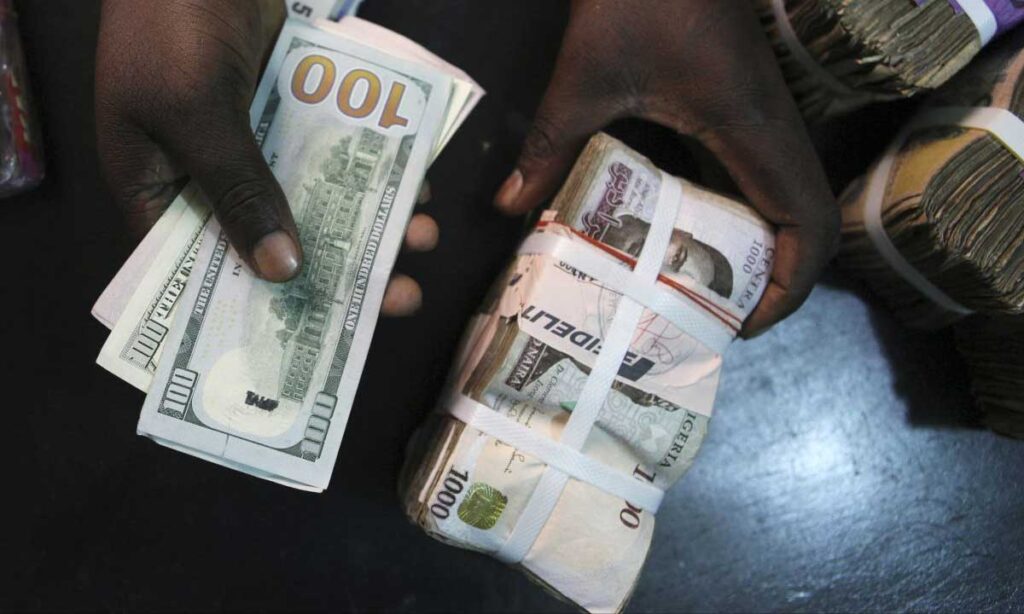Volatility returned to the global oil market in April as escalating trade tensions, particularly between the United States and China, triggered a sharp drop in crude oil prices and heightened pressure on the Nigerian naira.
Although US President Donald Trump’s “liberation day” tariff policy exempted oil, the energy market still responded negatively. The key concern was China, the world’s largest oil importer, which entered a fresh round of tit-for-tat trade retaliation with the US, raising fears of reduced global oil demand.
As a result, the benchmark Brent crude oil price declined by 15.5 per cent month-on-month to close at $63.12 per barrel, marking the steepest monthly fall in over three years.
According to investment firm Afrinvest, “April was a volatile month in the oil market as global trade tensions from Trump’s ‘liberation day’ tariff policy shook the energy market. Despite Trump exempting oil from tariff policy, the market reacted negatively, largely due to China (the world’s largest oil importer) engaging in back-and-forth trade wars with the US.”
The slump in oil prices, which significantly determines Nigeria’s foreign exchange earnings, has added further pressure on the naira, which already faces strain from capital outflows and inflationary pressures.
Afrinvest noted that the impact of weaker oil prices could significantly affect Nigeria’s macroeconomic position. “The benchmark Brent crude oil price fell 15.5 per cent m/m to close at $63.12/bbl. (the biggest monthly drop in over three years),” the firm stated in its latest market report.
Analysts say the continuous decline in crude prices may reduce Nigeria’s external reserves and restrict the Central Bank of Nigeria’s capacity to defend the local currency. They also warn that the impact could filter into the broader economy through weakened fiscal revenues and lower investor confidence.
The naira has continued to struggle across both the official and parallel markets, with traders attributing the weakness to increased dollar demand and declining forex inflows.
As global economic uncertainties linger and trade frictions persist, stakeholders are calling for strategic interventions to shield Nigeria’s oil-dependent economy from external shocks and preserve macroeconomic stability.















